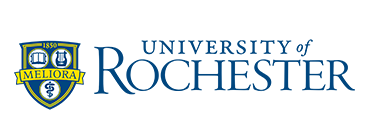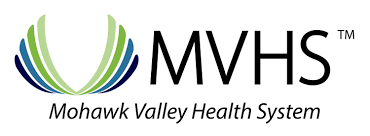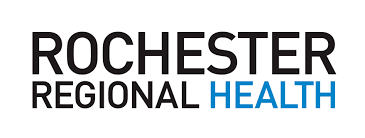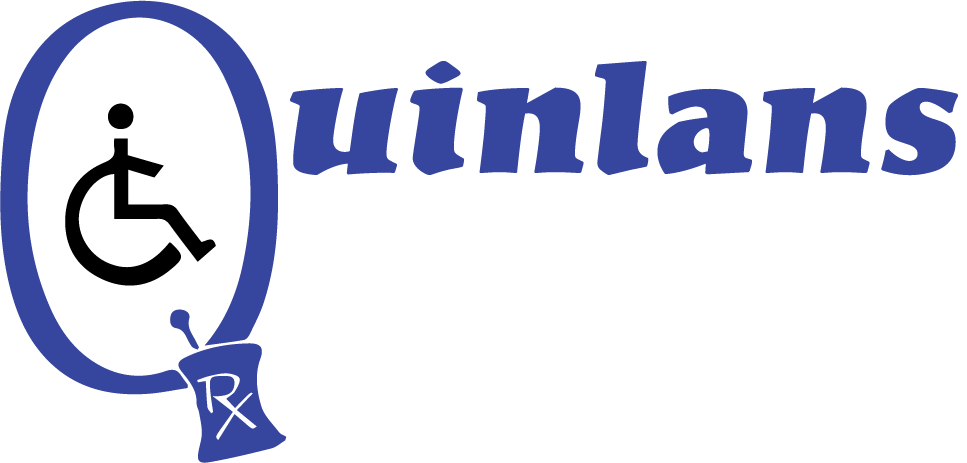Get in touch
555-555-5555
mymail@mailservice.com
Medicare Part D
Medicare Part D
Medicare prescription drug coverage (Part D) is available to everyone with Medicare. To get Medicare drug coverage, you must join a Medicare drug plan. Plans vary in cost and drugs covered.
Two types of plans offer Medicare prescription drug coverage:
- Medicare Prescription Drug Plans. These plans (sometimes called "PDPs") add drug coverage to Original Medicare, some Medicare Cost Plans, some Medicare Private Fee-for-Service (PFFS) Plans, and Medicare Medical Savings Account (MSA) Plans.
- Medicare Advantage Plans (like an HMO or PPO) are other Medicare health plans that offer Medicare prescription drug coverage. You get all of your Part A and Part B coverage and prescription drug coverage (Part D) through these plans. Medicare Advantage Plans with prescription drug coverage are sometimes called "MA-PDs."
Who Can Get Medicare Drug Coverage?
To join a Medicare Prescription Drug Plan, you must have Medicare Part A and/or Part B. To get prescription drug coverage through a Medicare Advantage Plan, you must have Part A and Part B.
How to Join Medicare drug plan
Once you choose a Medicare drug plan, you may be able to join by completing a paper application, calling the plan, enrolling on the plan's Web site or through the MPDPF link. You can also enroll by calling 1-800-MEDICARE (1-800-633-4227). TTY users should call 1-877-486-2048.
Contact the specific plan you're interested in to find out how to join. Medicare drug plans aren't allowed to call you to enroll you in a plan. Call 1-800-MEDICARE to report a plan that does this.

If there is no collection event in your area, dispose of drugs in your household trash.
Before placing in the trash, follow these steps.
- To avoid accidental or intentional misuse of drugs, treat medications (liquids and pills) by adding water and then salt, ashes, dirt, cat litter, coffee grounds or another undesirable substance.
- Hide all medications in an outer container, such as resealable bag, box or plastic tub to prevent discovery and removal from the trash. Seal the container with strong tape.
- Dispose of drugs as close to your trash collection day as possible to avoid misuse and/or misdirection.
- Do not conceal discarded drugs in food to prevent consumption by scavenging humans, pets or wildlife.
- Note: Be careful in handling medications since some drugs can cause harm if handled by people other than those to whom they were prescribed. Also, avoid crushing pills as some medications can be harmful in powder form.
Medications self-administered by injection with a needle or "sharp" may also be disposed of in the trash.
If such medications include an attached needle, they should be placed in a puncture proof container, sealed with tape and labeled as "sharps." However, the state strongly recommends that medications with attached needles be disposed of at hospital-based household sharps collection programs. All hospitals in New York State (except for federal facilities) are required to collect sharps from households.
Medications without attached needles may be disposed of in household trash as described above.
Our Community Partners



Powered by Mystic Media Dot Com


